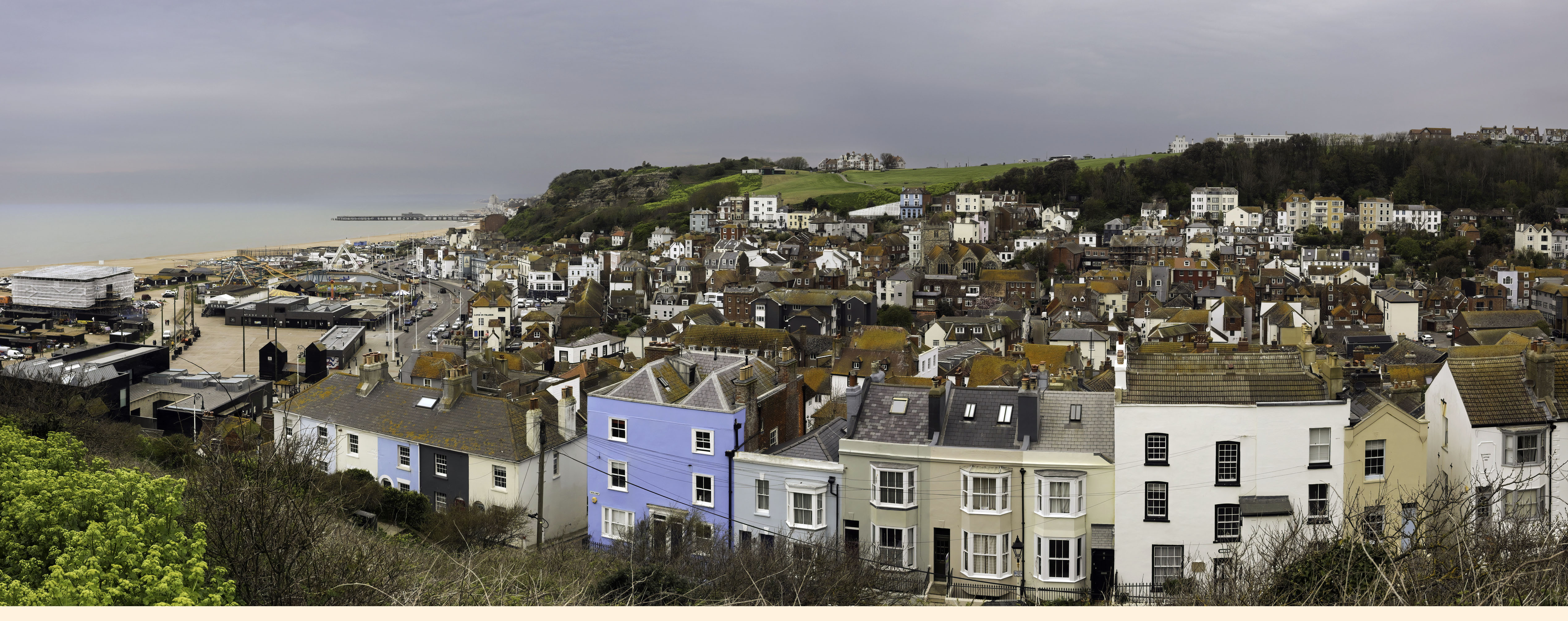– from Stewart Reuben
Sadly my health has broken down. I have just today been given the all-clear by my doctor about recovery from pneumonia. Thus I won’t be coming to Hastings and my comments are from afar and somewhat fragmented. But before moving onto the actual chess, here is some material you may find interesting.
Jonathan Hawkins has finally become a GM. After any application is listed, FIDE waits for 60 days in case there are any objections. Thus we have 14 GMs playing in the Masters, 3 of them over 2600, out of 104 players. This is one of the strongest of these Hastings events since the round robin premier was discontinued. The competition for players is high. In December there was first the splendid London Chess Classic Open and then the Brambles Administration Hampstead Swiss for players 2250+.
There was a knowledgeable piece in today’s Daily Telegraph about local player Bernard Cafferty, who first came to live in Hastings when he was appointed editor of British Chess Magazine. He is a British master ( a title now virtually defunct). At that time it was almost impossible to get invitations to international round robin tournaments. We had so few in Britain that it wasn’t possible to make reciprocal arrangements. It wasn’t until 1977 that international title Swisses started worldwide with the Lloyds Bank Masters. There is little doubt he would have been an IM in more recent times. One important matter; he was one of the first mentors of Tony Miles whose value to the development of English chess was enormous.
Today saw the funeral of Peter H Clarke. He wasn’t local, but came second behind Jonathan Penrose in several British Championships. He played in several Hastings Premiers; his best score being 4½/9. He too was a British Master and would surely have become an IM with greater opportunities. There is another interesting parallel. He was an early mentor of Michael Adams. Two other such players include Leonard Barden and Michael Franklin.
Of course Bernard isn’t the only local player competing. Pay careful attention to the results of Frances Rayner (WLS) a concert pianist; Alan Barton; and, in the shorter events, Mark Bryant and Paul Kelly.
The first three rounds of the Masters are Accelerated. Thus the leading players meet stronger opposition at the start than in a standard seeded Swiss. In later rounds, a few surprising mismatches will turn up, but that is one of the joys of the Swiss System. It seemed to me that many of the games in round 1 followed a similar pattern. The lower ranking player put up some resistance, but then went seriously wrong and their position collapsed. Thus there were no surprises on the top 20 boards, all games went according to seeding.
Patrick Reinwald (AUS) gained the initiative against IM Stephen Mannion (SCO) on board 24 and never relinquished his hold on the position. That would be my nomination for game of the round BEST GAME PRIZES offered by CHESS.COM for the best game played by a player who is neither a GM, nor IM, in each round, of a 3-month subscription (worth €17.49) to the digital magazine, ‘The Master’s Bulletin’. The overall winner from the 9 rounds will receive a year’s subscription.
At the conclusion of each round, the player, when handing in his scoresheet, will need to mark it as a Best Game Prize entry. But I only saw a handful of the games. Don’t forget to put in your entry for later rounds.
